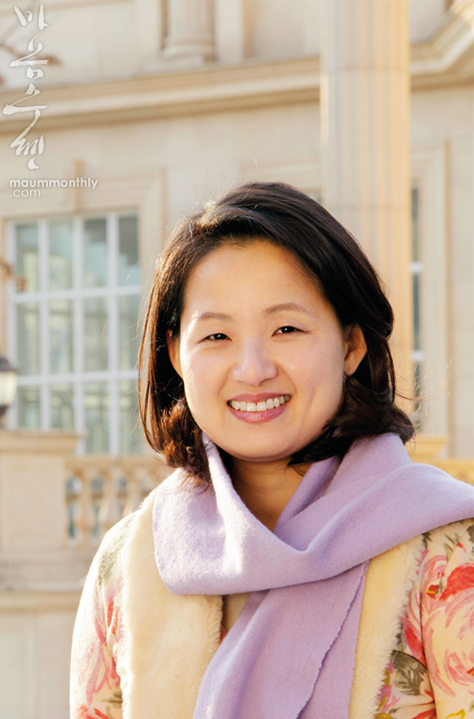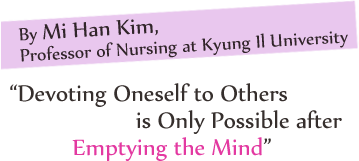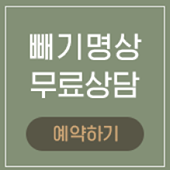

After two years of researching the relationship between the mind and disease, Professor Mi Han Kim from the Kyung Il University Department of Nursing, has confirmed a significant reduction in stress, depression, and anxiety in Maum Meditation participants. Because nurses are in constant contact with patients in emergency situations who are anxious, angry and irritated, and they directly receive those extreme emotions, Professor Kim proposes that the Maum Meditation program be a compulsory requirement in the nursing education curriculum.
I became a professor at the relatively young age of thirty. Many people around me were envious and I was happy to have realized my dream so early. However, the happiness only lasted for a moment. I lived constantly setting and chasing after new goals. I was always competing with others; always comparing and never being content. I began to think this was not all there was to life.
Then I remembered the Maum Meditation brochure my professor gave me when I was getting my Ph.D. The phrase “Let’s put a comma in life” (meaning ‘let’s take a rest’) resonated with me so I started Maum Meditation in the summer of 2002.
For me, life was a sprint. I was always making plans for tomorrow or what I have to do in the future. When I worked as a hospital nurse on a three-rotation schedule, the 24 hours in a day were filled with emergency room duties, sleep, and study. That lifestyle continued after I became a professor. Preparation for class, work for the department, advising students… I was unable to escape from the rat race.
The nursing profession is about devoting oneself to others. However, instead of understanding that sense of duty, I felt frustrated because I didn’t receive as much recognition as doctors did. That’s when I started dreaming of becoming a professor. Later, I was displeased when I saw students who couldn’t keep up in class. I thought to myself, “They have to get good grades to find a job at a reputable hospital…” I expected my students to follow my way in life of seeking rank and reputation. I imposed my way of life on my students as if it were the only way. Because I was so used to the title of “professor,” I ordered people around and was unable to be humble.
Every paper I presented, every seminar I attended was driven by a sense of competition and the pressure to do well.
I lived my life with the intent to show off my name: Mi. Han. Kim.
When I realized this, I was ashamed.
What kind of mindset did I have as I taught my students?
As I meditated I was able to erase the attachment to my name.
I repented for only thinking of myself and hurting those around me.
The fact is, the nurse is the first person a patient meets when they are in a most difficult and dangerous situation. Therefore it’s important for nurses to devotedly give all of themselves to their work. No matter how tired or stressed a nurse is, he or she cannot complain to the patient because the patient is always in a more critical situation. Accordingly, it’s absolutely necessary for nurses to have a calm composure as they come into direct contact with the patient’s anxiety, irritation or anger.
The best thing I gained from Maum Meditation is the conviction
that the fundamental problem in human relationships can be resolved;
because as we meditate, we discover our origin and learn that everyone is one.
Through Maum Meditation, one can transcend being simply a nurse with good technical skills to become a nurse who can accept patients as they are and treat them completely and holistically.
In conclusion, the greatest happiness I received is when I learned humans weren’t born to eat and live well only for themselves; that only when humans help the world do they live a meaningful life. My hope is that we can apply Maum Meditation to nursing when treating cancer patients, patients nearing their end, or patients with mental illnesses so that patients, when in their most difficult situations, can receive comfortable and peaceful care.



